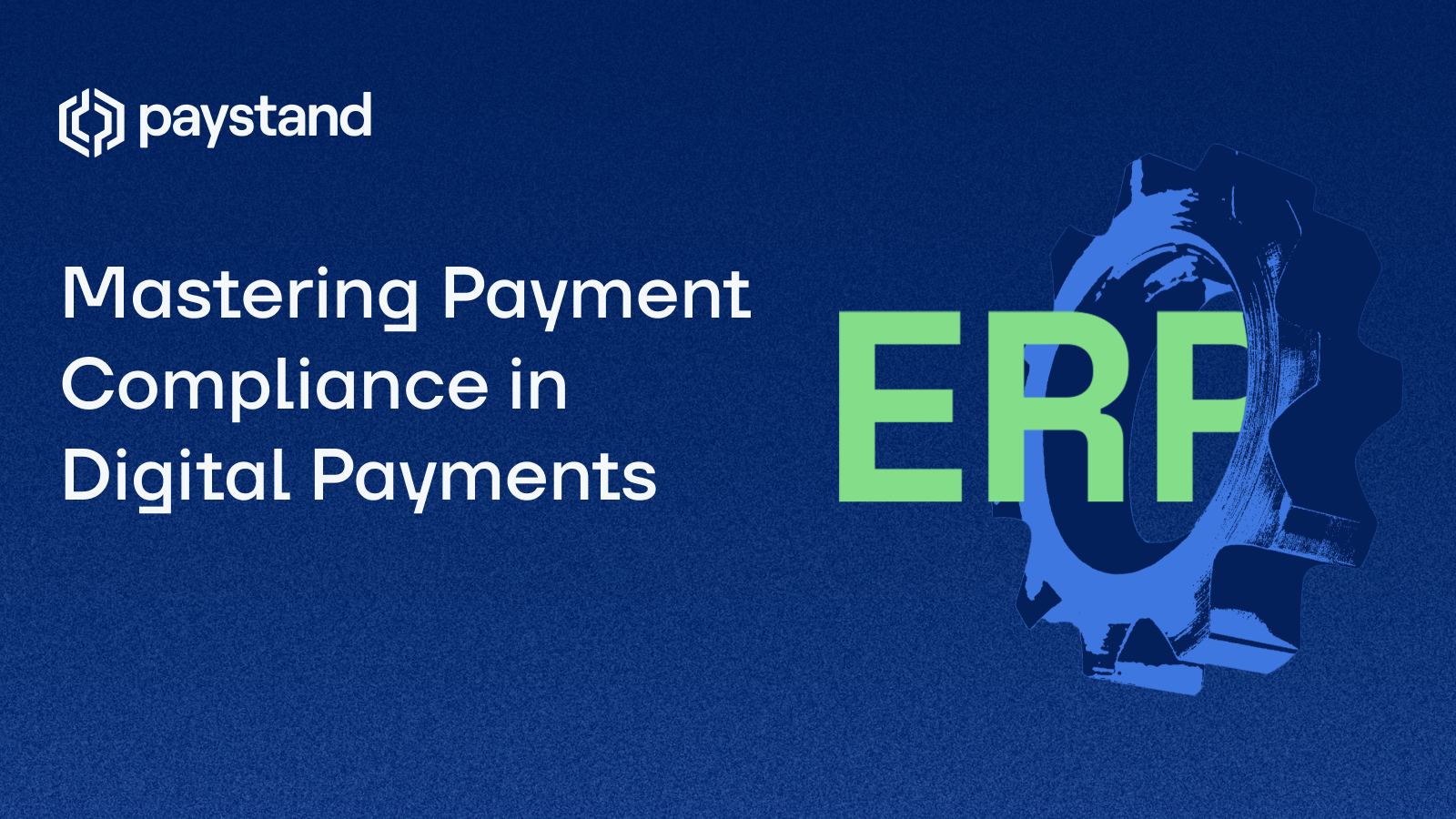Mastering Payment Compliance in Digital Payments

Table of Contents
- What Is Payment Compliance and Why It Matters
- Security & Data Protection in Payment Compliance
- Fraud Prevention & Transaction Monitoring
- Consumer Protection & Regulatory Compliance
- How to Ensure & Improve Payment Compliance
Key Takeaways
- Payment compliance ensures secure financial transactions, fraud prevention, and consumer protection.
- Implementing security standards like PCI DSS, KYC checks, and access controls strengthens risk management.
- Continuous assessment, transaction monitoring, and vulnerability management are essential for protecting customers.
- Compliance involves aligning with regulations, regularly testing networks, and maintaining documentation.
-
Improving payment compliance requires training financial institutions, balancing frictionless and secure digital payments.
What Is Payment Compliance and Why It Matters
Payment compliance means adhering to rules, regulations, and standards when processing financial transactions—especially electronic payments and digital payments—to ensure data protection, security, and consumer protections.
Why Payment Compliance Is Important
- Security: Protects payment process infrastructure from breaches.
- Fraud Prevention: Reduces financial crime, chargebacks, and reputational damage.
- Consumer Protection: Builds trust in the payments industry.
- Regulatory Compliance: Meets legal obligations from bodies like PCI Council, FFIEC, CFPB, and more.
- Risk Management: Avoids fines, penalties, and litigation tied to non‑compliance.
Modern financial institutions rely on payment compliance to operate securely in an evolving regulatory landscape.
Security & Data Protection in Payment Compliance
Security is the backbone of any compliance program. That involves multiple safeguards—technical, procedural, and organizational.
Implement Strong Access Control Measures
- Use strong access control measures such as multi‑factor authentication, role‑based access, and least-privilege models.
- Restrict system permissions to only those needed for the payment process.
- Segment networks to isolate sensitive data and reduce breach risk.
Maintain a Vulnerability Management Program
- Maintain a vulnerability management program with scheduled scanning, penetration testing, and patching.
- Comply with the security standard PCI DSS, which demands regular assessments of network security, secure configurations, and logging.
- Learn more from Paystand’s payment security guide.
Fraud Prevention & Transaction Monitoring
In the payments industry, preventing fraud is crucial to uphold consumer protection and system integrity.
Customer KYC and Risk Assessments
- Implement customer KYC (Know Your Customer) processes to verify identity and document customer profiles.
- Conduct risk assessments to identify high‑risk customers or transaction types.
- Apply transaction monitoring to detect suspicious patterns, enabling real‑time alerts, holds, or reviews.
- Explore how blockchain technology enhances traceability and tamper-proof compliance in financial ecosystems.
Regularly Monitor and Test Networks
- Regularly monitor and test networks to detect intrusion attempts and anomalies.
- Use log analysis, SIEM tools, and penetration testing to identify threats.
- Respond promptly to alerts, investigate breaches, and remediate vulnerabilities.
Consumer Protection & Regulatory Compliance
Protecting consumers is not just good policy—it’s legally mandated.
- Adhere to transparency requirements like disclosure of fees and terms.
- Maintain robust dispute resolution mechanisms for fraudulent or erroneous charges.
- Comply with data privacy laws (GDPR, CCPA) and specific regulatory frameworks.
- Blockchain-based payments solutions offer a secure and immutable infrastructure that enhances regulatory compliance.
How to Ensure & Improve Payment Compliance
1. Conduct Regular Risk Assessments
- Map the entire payment process, identifying sensitive systems and data flows.
- Evaluate risks related to theft, unauthorized access, fraud, and regulatory violations.
- Prioritize mitigation efforts based on risk level.
2. Align with Compliance Requires Standards
- Understand what compliance requires—PCI DSS, AML regulations, and data privacy laws.
- Implement relevant provisions into policies, controls, and systems.
3. Strengthen Security Infrastructure
- Adopt data security standard PCI DSS, encryption protocols, access control, and secure network architecture.
- Regularly train staff on compliance procedures and threat awareness.
- See how enterprise blockchain offers built-in security features for compliance.
4. Enhance Fraud Prevention
- Embed customer KYC and transaction monitoring tools across onboarding and processing.
- Monitor transaction logs, flag anomalies, and update risk profiles dynamically.
5. Monitor and Test Continuously
- Regularly monitor and test networks, run penetration tests, and review security logs daily.
- Audit vendors and third-party integrations for compliance and data handling policies.
6. Maintain Vulnerability Program
- Use patching schedules with automated alerts when vulnerabilities emerge.
- Scans, tests, and remediation should be documented as part of ongoing compliance.
7. Document Everything
- Maintain audit trails and change logs.
- Create policies and training materials that reflect regulatory and standard updates.
8. Audit and Certification
- Seek PCI DSS certification yearly and undergo external audits.
- Review compliance toolkits from regulatory bodies and incorporate best practices.
9. Leverage Tech and Training
- Use compliance automation platforms that simplify reporting and KYC.
- Educate teams on evolving fraud tactics and regulatory changes—especially in digital payments.
- Blockchain-backed accounting systems offer audit-ready, real-time ledgers ideal for financial compliance.
Payment compliance spans security, fraud prevention, consumer protection, and regulation. By continuously implementing strong defensive controls—access control measures, vulnerability management, transaction monitoring, customer KYC, and regular risk assessments—businesses can protect customers, reduce fraud, and stay ahead of evolving financial crimes.
Ready to enhance your compliance and security posture? Discover how Paystand’s innovative solutions—from digital payments to blockchain-backed platforms—can help modernize your financial operations, streamline compliance, and protect your business.
Learn more about why we transitioned to the Bitcoin Blockchain for enhanced payment verification.








%20(1)%20(1).jpg?width=100&height=100&name=IMG_3752%20(1)%20(1)%20(1).jpg)